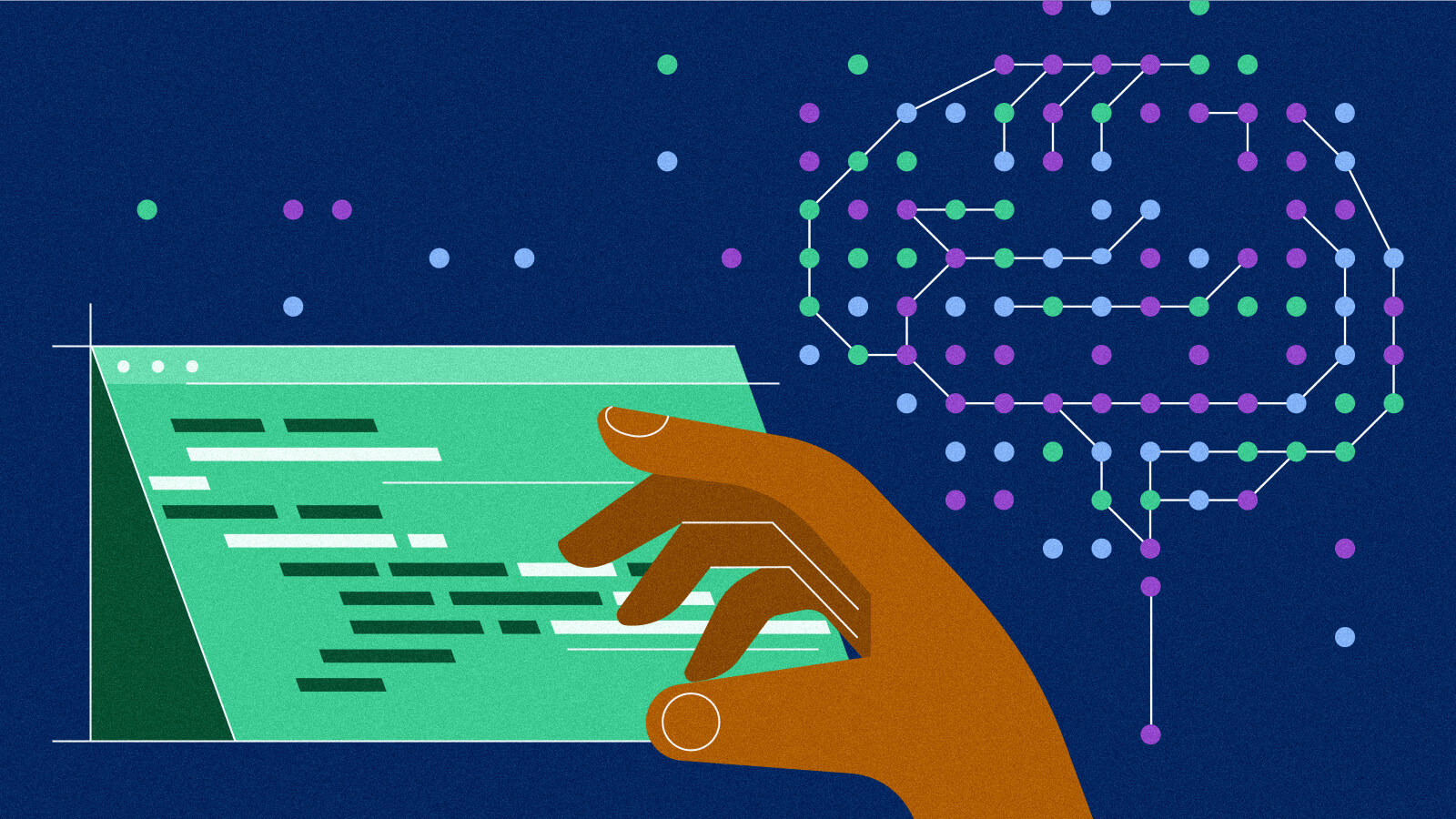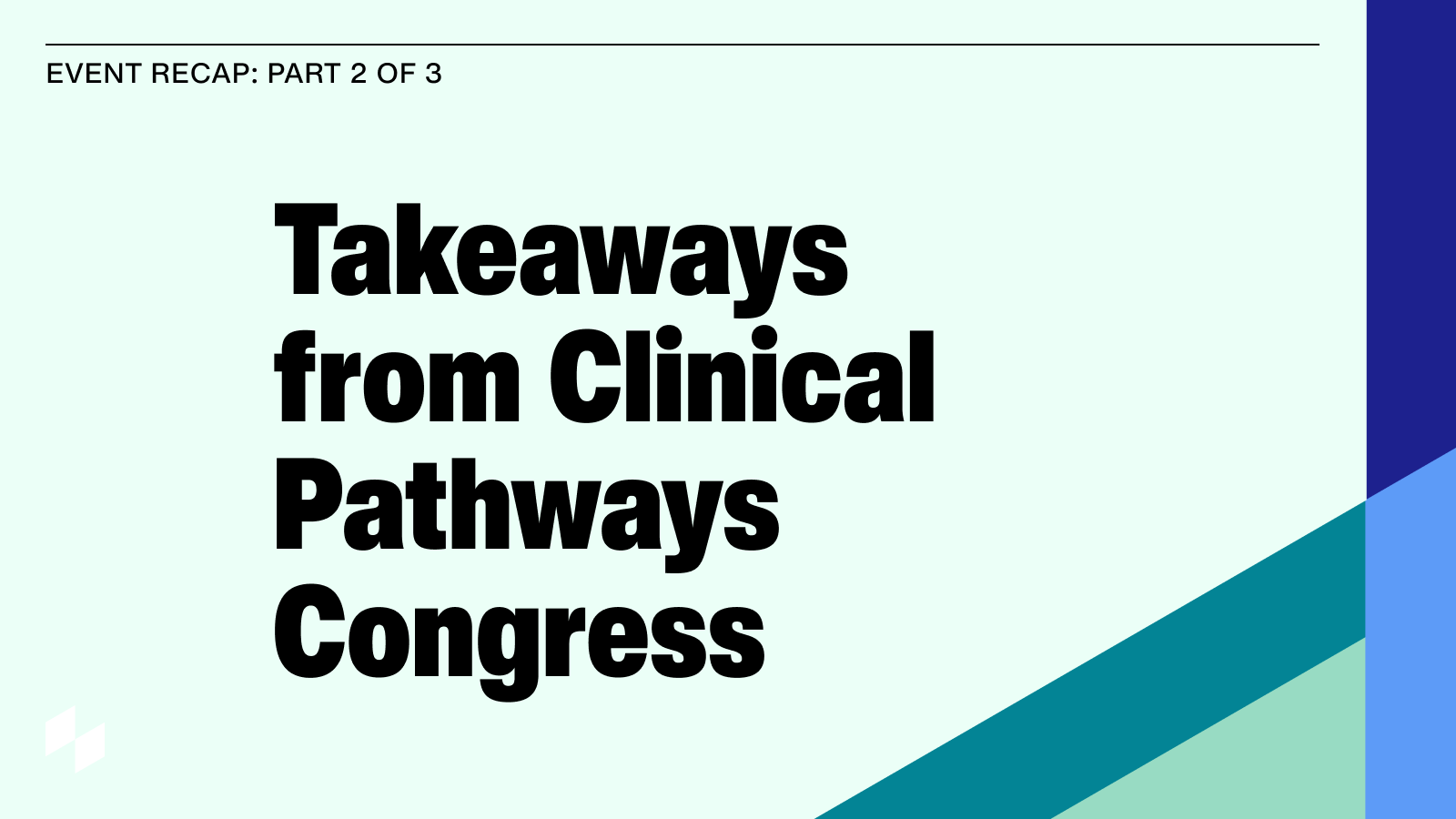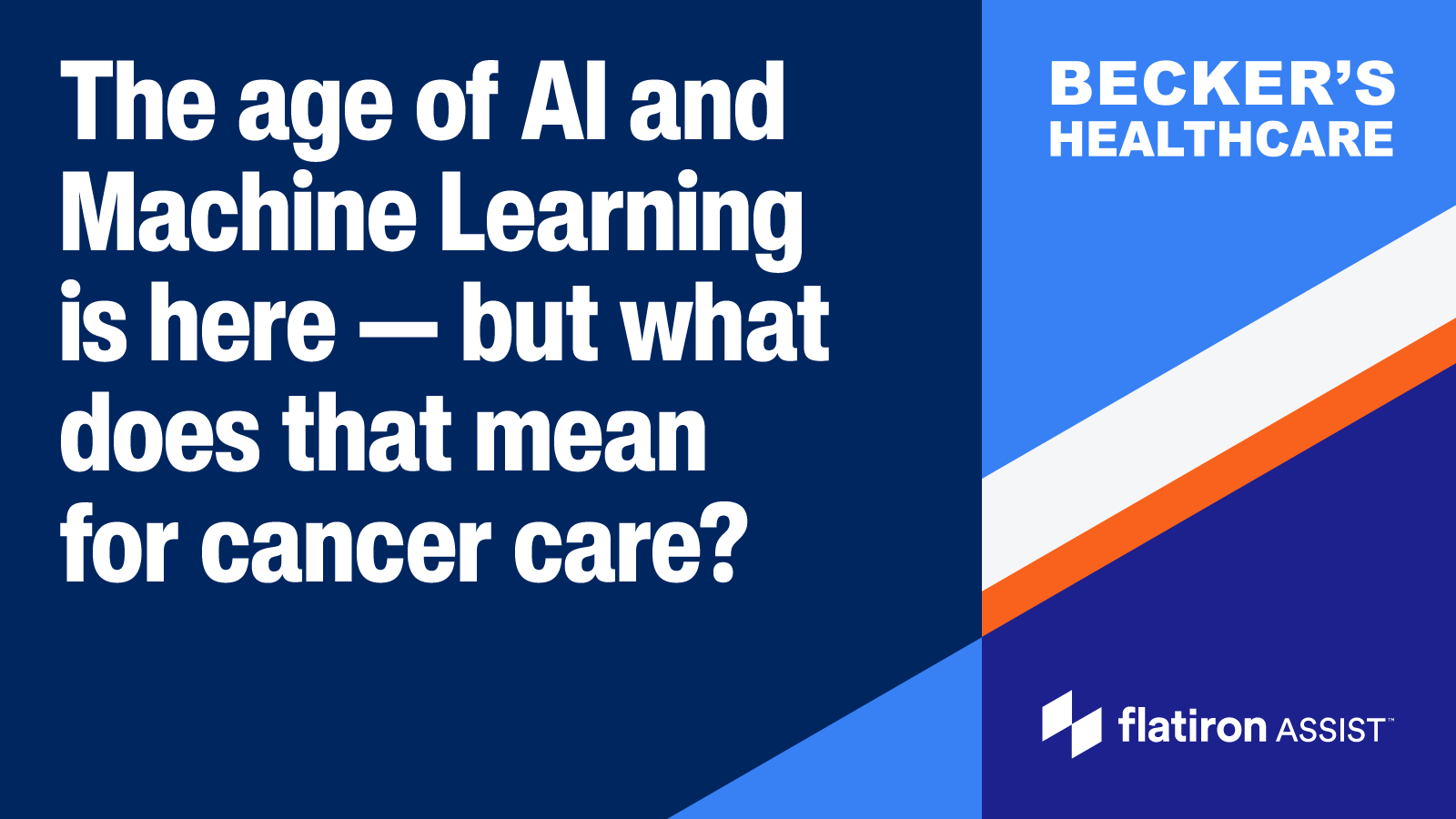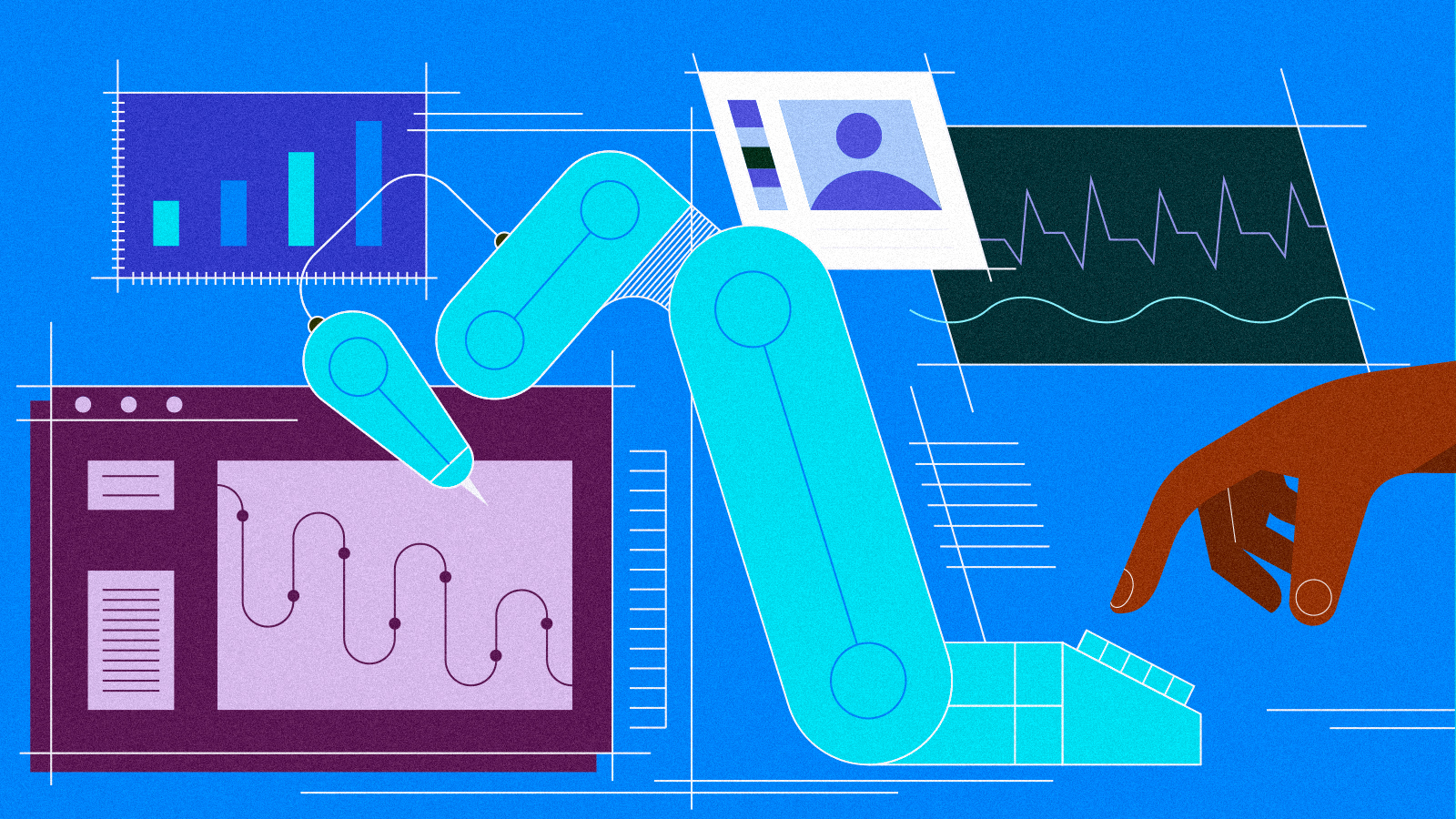Artificial intelligence (AI) is the hottest topic on the tech scene, with advanced, generative AI models like ChatGPT capturing the attention of digital experts and everyday consumers alike. These human-seeming algorithms can develop natural-sounding narratives and realistic art with just a few prompt words.
For healthcare, AI has always been a divisive subject.
Most stakeholders recognize that these algorithms have potential to improve long-standing pain points for clinicians and patients, including assisting with documentation, augmenting clinical decision support (CDS), identifying emerging risks and health trends, and improving consumer experiences.
But executing on these objectives is another story. The type of AI necessary to achieve these goals is still in its infancy. The result is a clinician community that envisions the best but sometimes fears the worst when new technologies are introduced into their workflows.
“Trusting technology is a big step for clinicians, who are often fairly change-averse,” said James Hamrick, MD, MPH, a practicing medical oncologist and Vice President of Clinical Oncology at Flatiron Health, after a presentation on clinical pathways and AI at the Association of Community Cancer Centers’ 49th Annual Meeting and Cancer Business Summit.
Naturally, oncologists and other physicians are reluctant to take risks on things that could have a negative impact on patient outcomes. But when we do start to open the door to trusting technology, the possibilities for AI as an enabler of more efficient and effective cancer care seem more real. AI may help with key decision-making that can lead to the better outcomes and lower costs that we all want to achieve. Careful understanding of exactly where it can and should be trusted will be crucial to making AI beneficial to everyone.
Finding a home for AI in oncology care
Oncology is moving fast, and it’s often hard for clinicians to keep up with every new treatment or guideline published. AI has the potential to help clinicians stay up-to-date with the latest evidence and approvals without disrupting their workflow.
“We see in the data that there are busy generalists, like myself, who may not be aware of a new treatment option that could really impact the outcome for their patient,” said Dr. Hamrick.
“There's a lot of nuances to patient care and sometimes choosing a treatment that is not part of a recommended pathway is the right thing. But sometimes it isn’t. The right CDS tools can just give a provider a nudge and say, ‘Hey, do you want to switch over to the preferred pathway or do you want to stick with what you're doing?’ The doctor still makes the decision, but they get the information they need to make sure they’re making a purposeful choice.”
Oncology pharmacists face similar challenges, said Rebecca Maniago, PharmD, BCOP, Associate Director of Clinical Oncology at Flatiron Health, who co-presented with Dr. Hamrick.
“If you can't attend every conference or spend your whole day reading through every journal, technology can keep everybody on the same playing field. I want to be fed updates in real time and so it no longer falls on me to do all of that legwork on top of the rest of my job,” she said.
“In addition, as a pharmacist I need to understand how my providers are ordering therapies, what regimens are being ordered for what scenario and at what cadence. AI-driven CDS can provide those insights for me, which can be really impactful when reviewing opportunities to reduce unwanted variation and trim unnecessary spending.”
Read more on how Flatiron Assist™ provides pharmacist knowledge to physicians.
AI clinical decision support as a “game accelerator,” not a “game changer”
Bringing AI into the oncology environment isn’t like flipping a switch. AI is not a single thing that can be bolted on top of existing infrastructure and turned on, ready to go. And it’s not something that’s going to produce radical ROI for health systems in the near term.
In a round table session following Hamrick and Maniago’s presentation, healthcare executives agreed that AI will be more of a “game accelerator” than a “game changer.” AI can actively support positive process changes that are already in progress and make good clinicians into even better ones by allowing them to focus more on patient care. It can enable oncologists to work smarter with less disruption to the workflow, allowing them to focus their human skills on human beings.
But on its own, it can’t and won’t solve for policy barriers, reimbursement issues, interoperability bottlenecks, fragmented workflows, or the constant barrage of new clinical content.
The future of AI in the real-world clinical environment
AI has a bright future in oncology – if organizational leaders create an atmosphere where frontline clinicians can trust these new technologies and see the value in AI for improving workflows and giving clinicians back time to build strong relationships with their patients.
CDS is an excellent use case for testing the waters and getting clinicians and patients comfortable with AI as part of patient care, but it’s just the beginning of what is possible across the care continuum.
“There is an opportunity for AI to reduce inequities in health care, for example, by helping us do a better job of recruiting diverse and inclusive populations for clinical trials,” said Dr. Hamrick. “Unconscious biases and socioeconomic barriers often lead to things like not offering clinical trials to certain elements of the population. If you have a tool that can prompt you to talk about trials when there’s an opportunity for each patient, we can make sure more types of people are enrolled in research.”
“We are also aware there is a risk that AI could worsen disparities in care, for example by diverting resources from patients who need them the most. All AI-enabled tools that touch patients need to be carefully designed and monitored to mitigate this”.
Participants in the roundtable session also saw strong opportunities for AI to have an impact on the administrative side of healthcare. AI could be helpful with automating prior authorizations, which could prevent barriers to care, and fine-tuning pharmacy billing to ensure correct and timely reimbursement for oncology therapies.
“These are areas where AI and other technologies can really help. And we should let it,” stated Maniago. “We’re in a world of workforce shortages where everyone’s in a time crunch, so leaning on technology to reduce some of the paperwork is going to increase productivity and help avoid burnout.”
“The more we explore and collaborate around the development of these tools, the better they’ll get. It’s a very exciting time to be in the technology space and see this shift in mentality toward embracing the possibilities of AI in clinical decision support and elsewhere in the care delivery process.”



